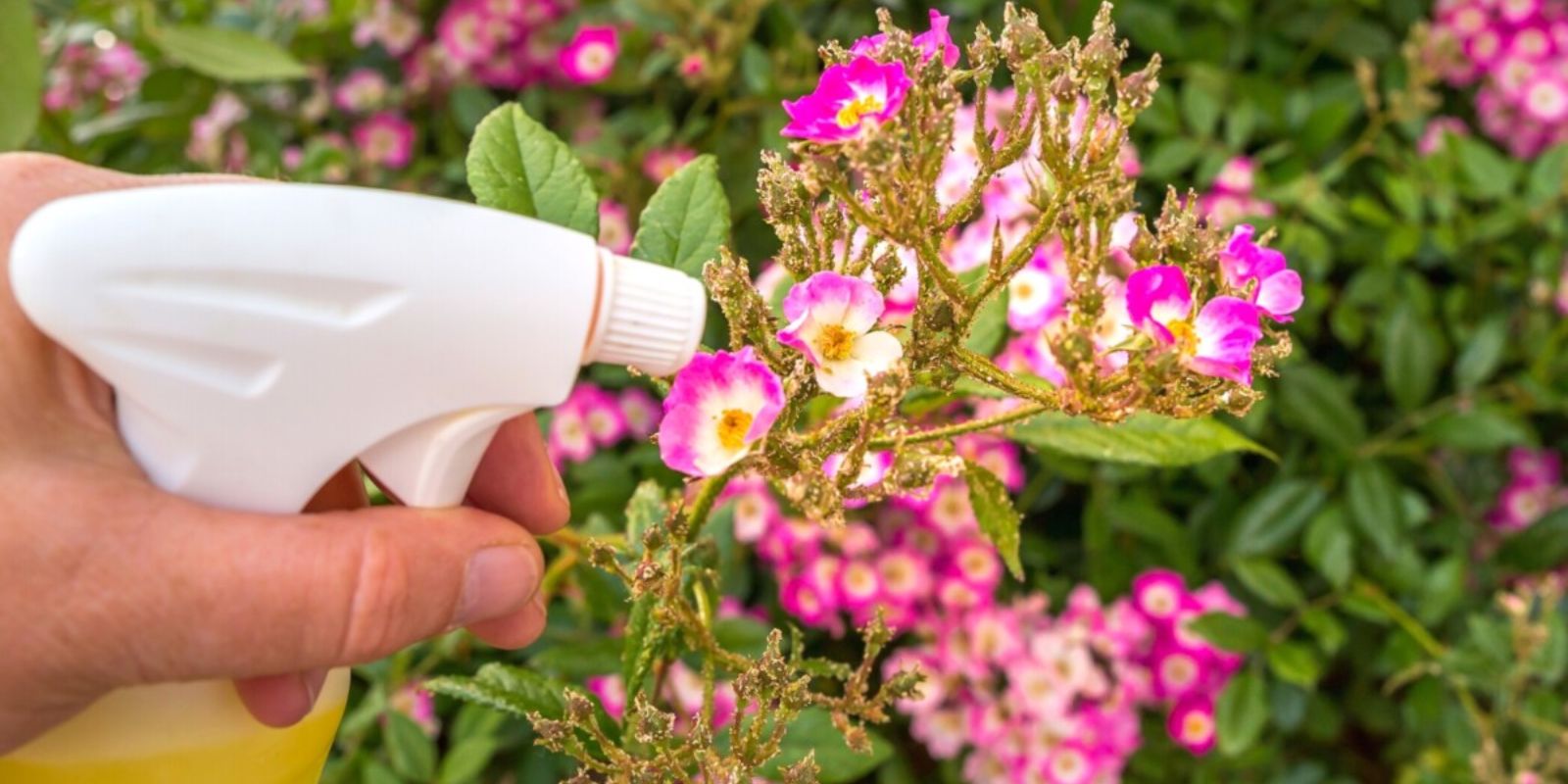Introduction
Maintaining a lush, vibrant garden can be challenging, especially when dealing with persistent pests and diseases. However, achieving a thriving garden that’s free from harmful insects and diseases is entirely possible with the right strategies and practices. By implementing natural and effective methods, you can protect your plants and encourage their health and growth. In this comprehensive guide, we’ll explore the secrets to growing healthy, pest-free plants, from selecting resistant varieties to employing organic pest control methods.
1. Choosing Pest-Resistant Plant Varieties
A. Understanding Pest-Resistant Plants
Selecting plant varieties that are naturally resistant to pests can greatly reduce the likelihood of infestations. These plants are bred to withstand common garden pests and diseases, making them a valuable addition to your garden.
B. Research and Selection
- Identify Common Pests: Research the common pests in your region and choose plant varieties known for their resistance to these specific pests.
- Consult Local Resources: Use local gardening guides, extension services, or nursery experts to find varieties that thrive in your area and offer pest resistance.
- Diversity in Planting: Incorporate a diverse range of plant varieties to minimize the risk of widespread pest issues and promote a balanced ecosystem in your garden.
2. Practicing Crop Rotation
A. The Importance of Crop Rotation
Crop rotation involves changing the location of your plants each growing season to disrupt the life cycles of pests and diseases. This practice helps prevent soil depletion and reduces the build-up of pests and pathogens.
B. Implementing Crop Rotation
- Plan Your Garden Layout: Create a planting plan that rotates different plant families each year. For example, avoid planting tomatoes in the same spot where they were grown the previous season.
- Group Plants by Family: Group plants with similar pest and disease vulnerabilities together to make rotation easier and more effective.
- Maintain Records: Keep a garden journal to track where plants are planted each season and to plan future rotations.
3. Maintaining Garden Hygiene
A. Importance of Cleanliness
A clean garden environment reduces the likelihood of pest infestations and disease outbreaks. Removing debris and managing plant waste helps eliminate potential hiding spots and breeding grounds for pests.
B. Garden Hygiene Practices
- Regular Clean-Up: Regularly clear fallen leaves, dead plants, and other debris from the garden beds to prevent pests from finding shelter.
- Sanitize Tools: Clean and disinfect gardening tools after use to prevent the spread of diseases between plants.
- Proper Composting: Use a well-managed compost system to avoid attracting pests and to ensure that compost is properly decomposed before application.
4. Using Natural Predators
A. Benefits of Beneficial Insects
Introducing natural predators into your garden can help control pest populations without the need for chemical pesticides. Beneficial insects feed on common pests, providing a natural and eco-friendly pest control solution.
B. Attracting and Utilizing Beneficial Insects
- Introduce Beneficial Insects: Release beneficial insects such as ladybugs, lacewings, and predatory mites into your garden. These insects can significantly reduce pest populations.
- Create a Habitat: Provide a welcoming environment for beneficial insects by planting flowers like marigolds and dill that attract them.
- Avoid Harmful Chemicals: Avoid using broad-spectrum pesticides that can kill beneficial insects along with pests. Opt for targeted treatments instead.
5. Employing Organic Pest Control Solutions
A. The Role of Organic Pest Control
Organic pest control methods are designed to manage pests without harming the environment. These solutions use natural ingredients and techniques to keep your plants healthy and pest-free.
B. Effective Organic Pest Control Methods
- Neem Oil: Neem oil acts as an insect repellent and disrupts the life cycle of pests. Mix neem oil with water and apply it to affected plants according to the manufacturer’s instructions.
- Insecticidal Soap: Insecticidal soap is effective against soft-bodied insects like aphids and spider mites. It works by suffocating the pests. Apply it directly to the infested areas.
- Homemade Remedies: Create homemade pest control solutions using ingredients like garlic, hot peppers, and soap. These mixtures can repel pests and help control infestations.
- Diatomaceous Earth: Sprinkle diatomaceous earth around your plants. This natural powder has sharp edges that damage the exoskeletons of insects, leading to dehydration and death.
6. Promoting Plant Health Through Proper Care
A. Balanced Nutrition and Watering
Healthy plants are more resilient to pests and diseases. Ensure that your plants receive adequate nutrients and water to support their overall health and growth.
B. Tips for Optimal Plant Care
- Fertilization: Use organic fertilizers to provide essential nutrients to your plants. Follow recommended application rates and schedules based on plant needs and soil conditions.
- Watering Practices: Water your plants deeply and consistently to promote strong root development. Avoid overwatering, which can lead to root rot and other issues.
- Pruning and Training: Regularly prune plants to remove diseased or damaged parts and improve air circulation. Proper training and support can also help prevent physical damage and pest access.
Conclusion
Growing healthy, pest-free plants requires a combination of thoughtful planning, natural pest control methods, and diligent care. By choosing resistant plant varieties, practicing crop rotation, maintaining garden hygiene, utilizing natural predators, and employing organic pest control solutions, you can create a thriving garden environment. Implement these strategies to protect your plants from pests and diseases, ensuring a productive and enjoyable gardening experience.
Motivation:
Transform your garden into a thriving, pest-free paradise with these expert tips! Share your success and inspire others to grow healthy, beautiful plants without the hassle of pests.
Hashtags:

